The acronym FOMO, which stands for “fear of missing out,” is a relatively new term, coined in 2004 by Patrick McGinnis, an author of nine books and the host of a podcast about FOMO. FOMO is not always experienced the same, and can be different for each individual person.
Feelings like guilt and anxiety often stem from the fear of being excluded or left behind while others are engaging in an activity or experience. Cyberbullying can also induce fear and anxiety, as a result of missing out on something or being made fun of for it.
Since social media is such a defining aspect of teenagers’ lives, it can seem almost catastrophic or world-ending for teens if they cannot partake in the same activities, fads, and trends as their peers. The stress and anxiety caused by this fear can be hard to bear, and thus can worsen the addiction and feed into social media engagement.
I have seen my friends and myself take part in trends because we didn’t want to miss out on a popular experience. Whether it’s a little dance on TikTok or buying a popular item from an online shop, social media has spurred and distorted our wants and needs.
Wanting to experience similar things to people I see on TikTok, Instagram, Pinterest, and many other social media platforms can be hard to handle. Everyone has different lives, so living up to the expectation or craving to live almost identical lives to those seen on screen is unrealistic — but still encouraged by social media.
Social media did not exist when my parents were my age, and although they have it now, no parent will know what it is like to be a teenager in this growing age of technology. The pressure of fitting in and being accepted by your peers is widely spread through social media.
Snapchat is one of the few social media apps I don’t have, but because of FOMO, I find myself wanting to download it. It can be hard seeing the majority of people my age have it and not having it for myself. It is extremely unhealthy for me to desire the attention of an app so badly, and I am glad I don’t because of the culture surrounding it, but it can be hard.
“It is important to dive deeper into the emotional impact of social media usage. Monitoring our emotional state when using social media becomes crucial,” The Ulliance, a well-being program, states. “Social media can serve as a breeding ground for confirmation bias, reinforcing any negative self-talk we may already have.”
Two of the most common emotions that accompany FOMO are envy and jealousy, which can be overwhelming and difficult to manage. These emotions can make someone feel inadequate or insecure, creating a sense of dissatisfaction with their own life.
In recent times, social media has emerged as a popular platform for people to connect with each other. However, the nature of these connections is often superficial, lacking the depth and meaningfulness of the real world. People who use social media often become out of touch with reality, existing in an almost hypnotic, trance-like state.
Despite this, social media has become a regular part of modern life, offering us a window into the world and facilitating the exchange of ideas and information on a global scale. But despite its benefits and how vital it has become to modern society, social media strongly encourages FOMO due to its design.
In today’s digital age, social media platforms are constantly looking for ways to make their products more captivating to their audience, and as a result have become an integral part of our lives.
One of the most popular strategies they employ is the use of influencers — people who recommend and influence others to act or do things that create revenue. These influencers have a massive following on social media, as they are considered experts in their respective fields. By partnering with them, social media platforms can make products seem more attractive and desirable to their audience.
On TikTok, because of the easy-to-find orange shopping cart icon, it’s not hard to buy items popular influencers talk about. The process of purchasing is uncomplicated, and intentionally so — the accessibility and popularity targets users and encourages them to buy impulsively.
My TikTok cart is filled with useless items I have seen pop up on my For You page, and although it is harmless to do so, there can be regret on impulse buying and having the trend fade out and being stuck with an item that is no longer cool.
In this way, social media platforms and influencers work hand-in-hand to create a sense of urgency and FOMO among their audience, ultimately leading to more sales as fear drives customers to make purchases that they might not have otherwise made, due to the feeling of fearing missing out on a trend.
This cycle perpetuates itself, leading to more ads and an increasing amount of guilty purchases.
Social media usage has been linked to dopamine release similar to those of drugs, according to the National Library of Medicine. When we are separated from our phones, it is akin to withdrawal, as there is a fear of missing out on something while you don’t have it. Phones can be very addicting and hard to get away from.
Getting likes on a post or someone replying to your comment can be a nice feeling. I have caught myself getting excited for these reasons even though it is unnecessary, it is subconscious.
Social media acts as a form of validation, which can then lure us into becoming more and more dependent on it, because compliments are always nice to hear. When we aren’t on it, we start to subconsciously worry about what is behind the screen while still yearning for more attention.
Without this attention, anxiety can creep up along with paranoia. What if I miss out on a trend? What if I lose my streak? What if my TikTok doesn’t get enough likes? These are only a few of the questions we ask of ourselves when we worry about what we are missing out on with social media.
FOMO is beyond a feeling — it is a psychological reaction, as it can also be a cause of behavioral changes due to the anxiety and loneliness we can feel while scrolling on social media.
A study published in the scientific journal Computers in Human Behavior investigated the link between FOMO and the use of social media. People who present a more severe case end up having a more problematic social media usage. The genders and ages of people participating did not end up influencing the results of the study, which shows that it can be found in anyone.
The sensation of being left out or missing out on something is an all too common feeling experienced by many people. Social media has a significant impact on this feeling, particularly in teenagers, as it often induces low self-esteem and self-doubt. Therefore, it is crucial to stay aware of when you experience this fear and what triggers it.
By doing so, you can take necessary measures to avoid such situations and improve your mental well-being, by limiting screen time, and learning to define reality from what you see on social media.



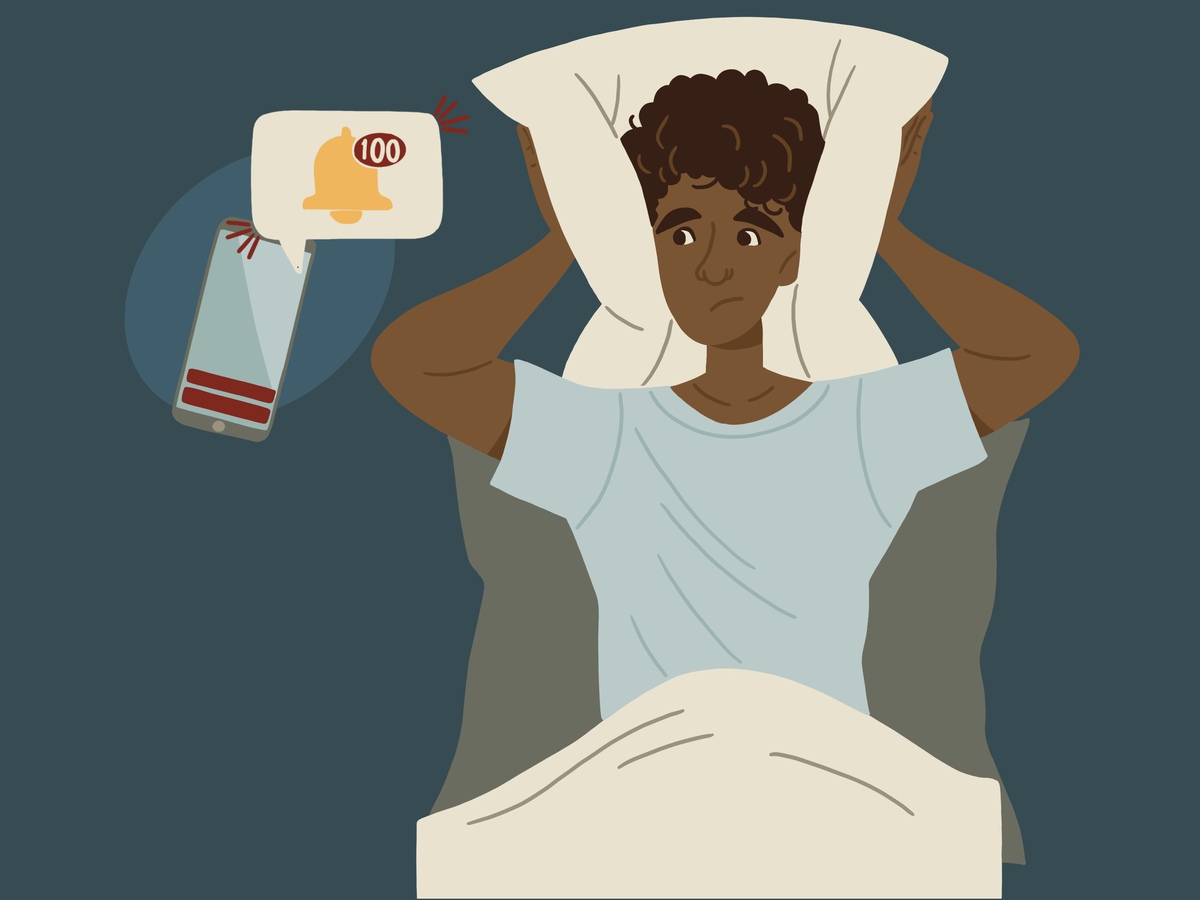
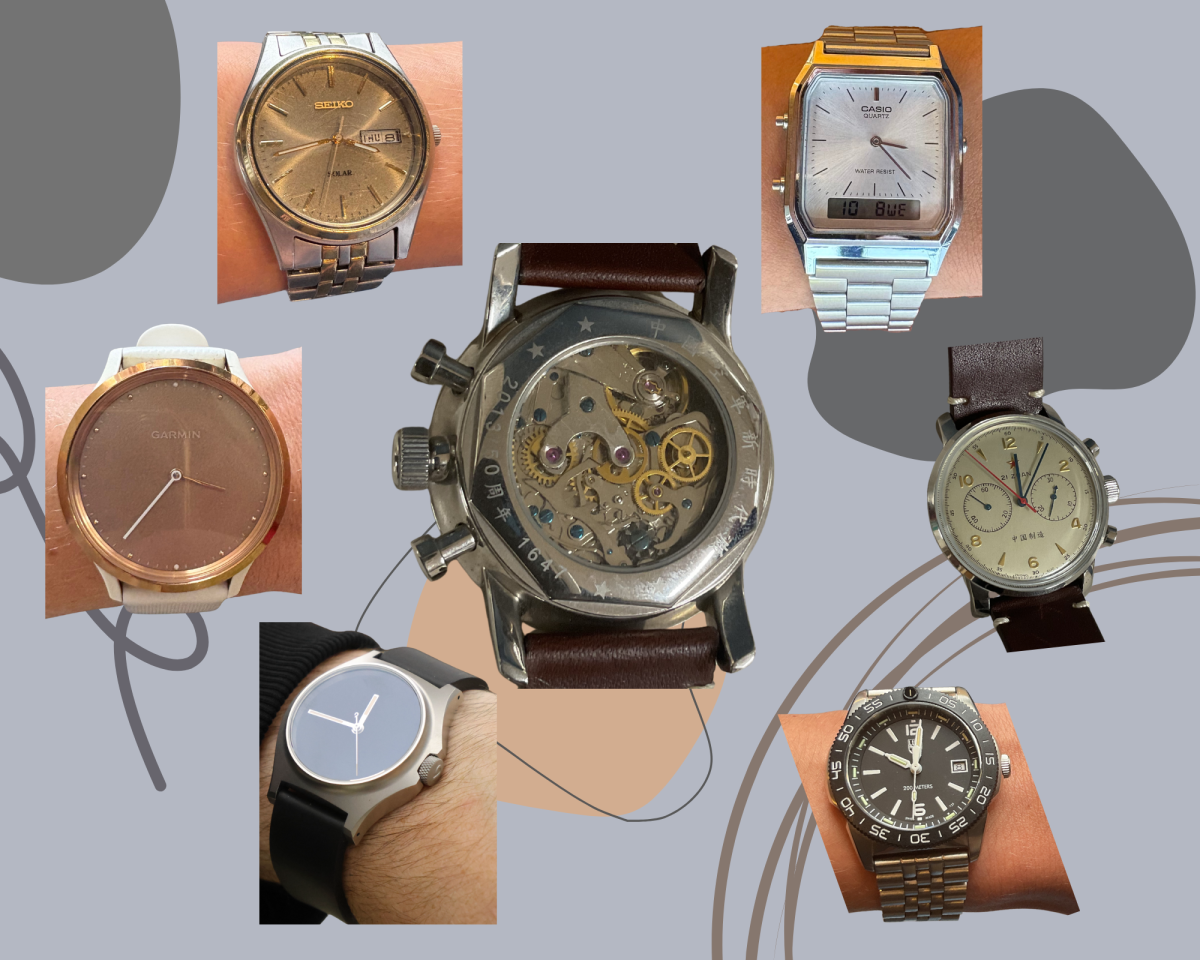

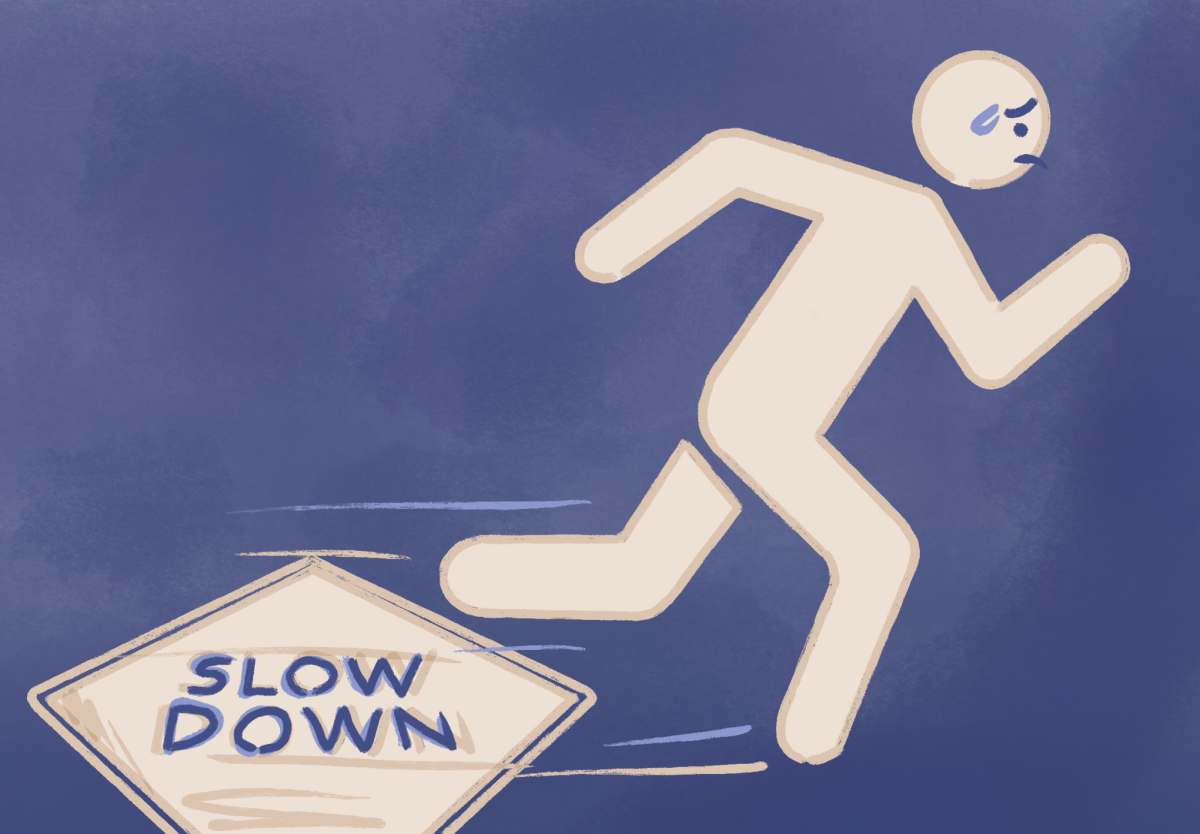


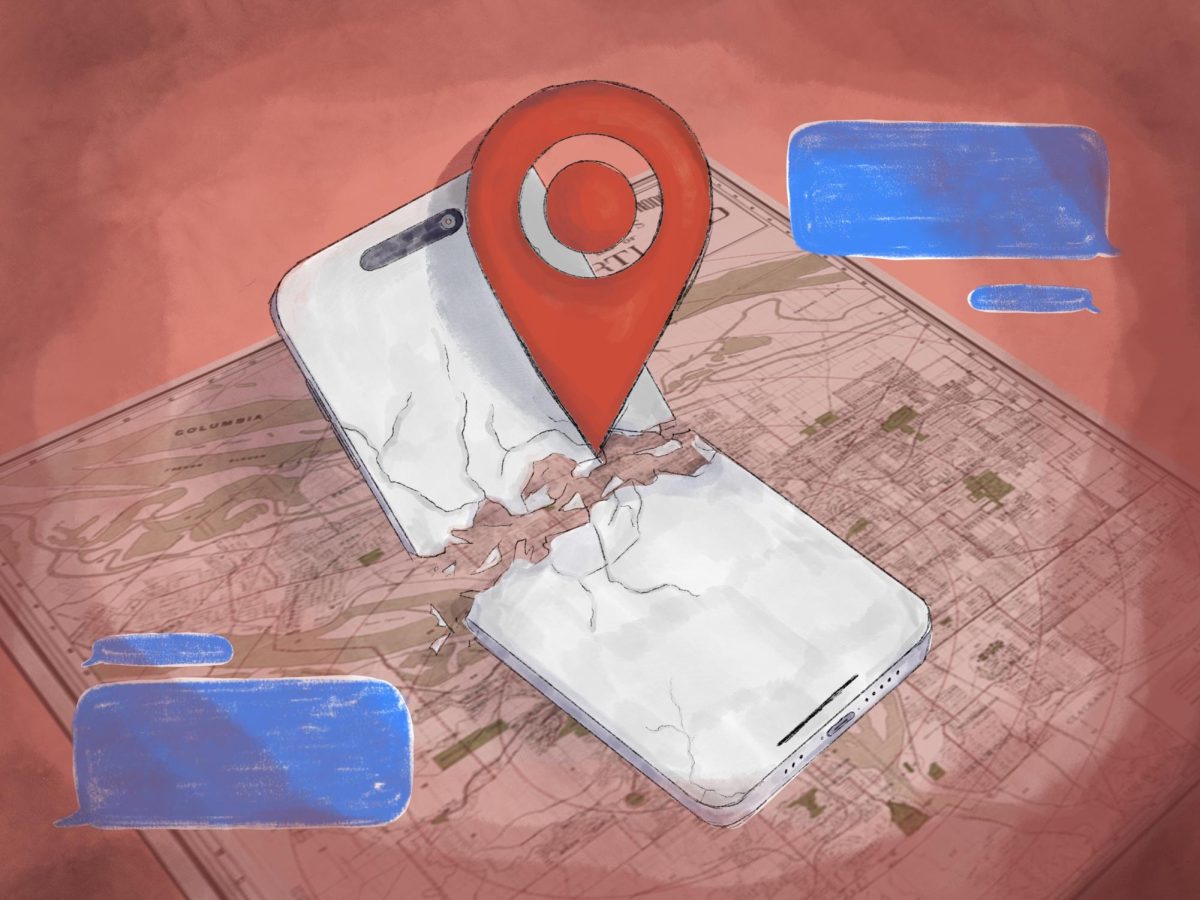


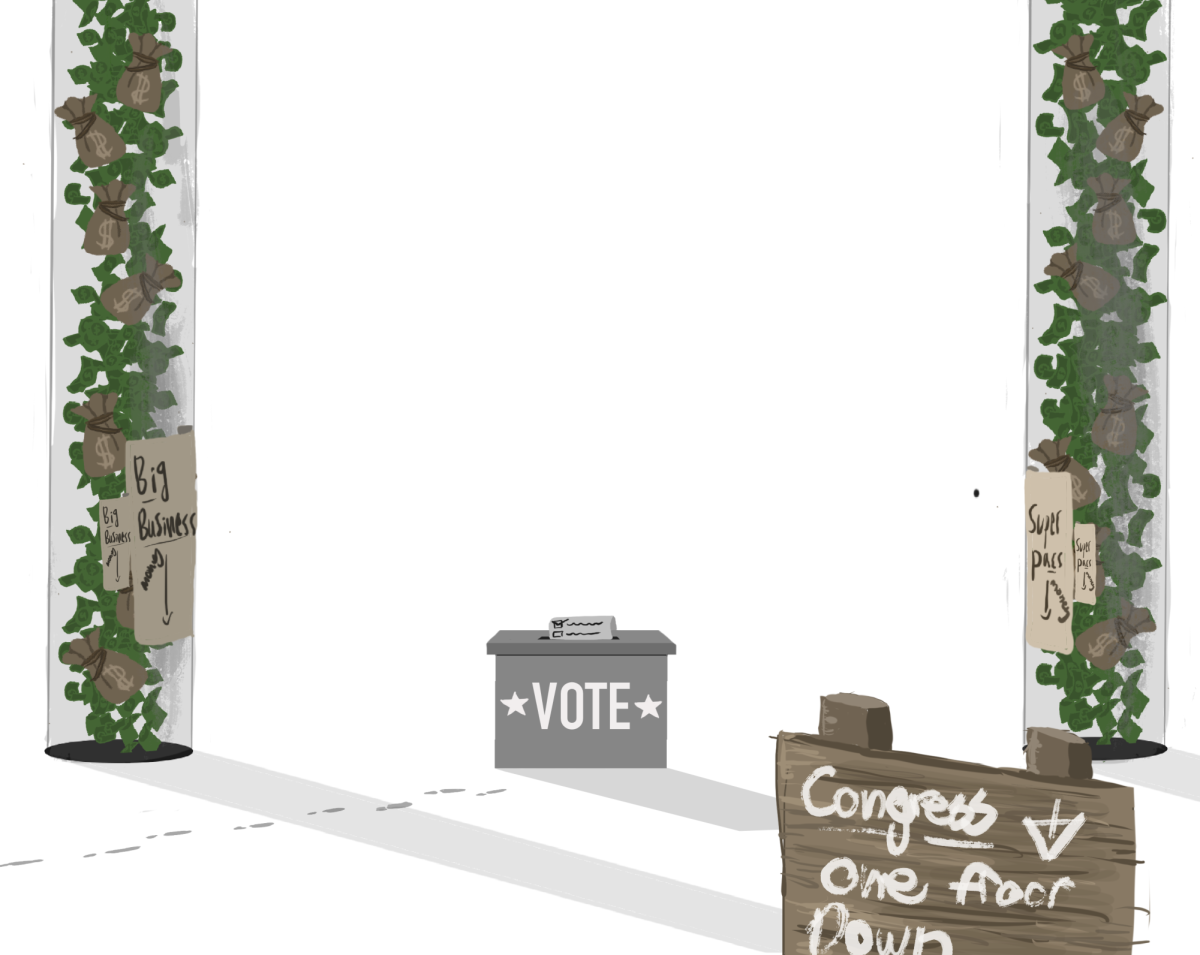
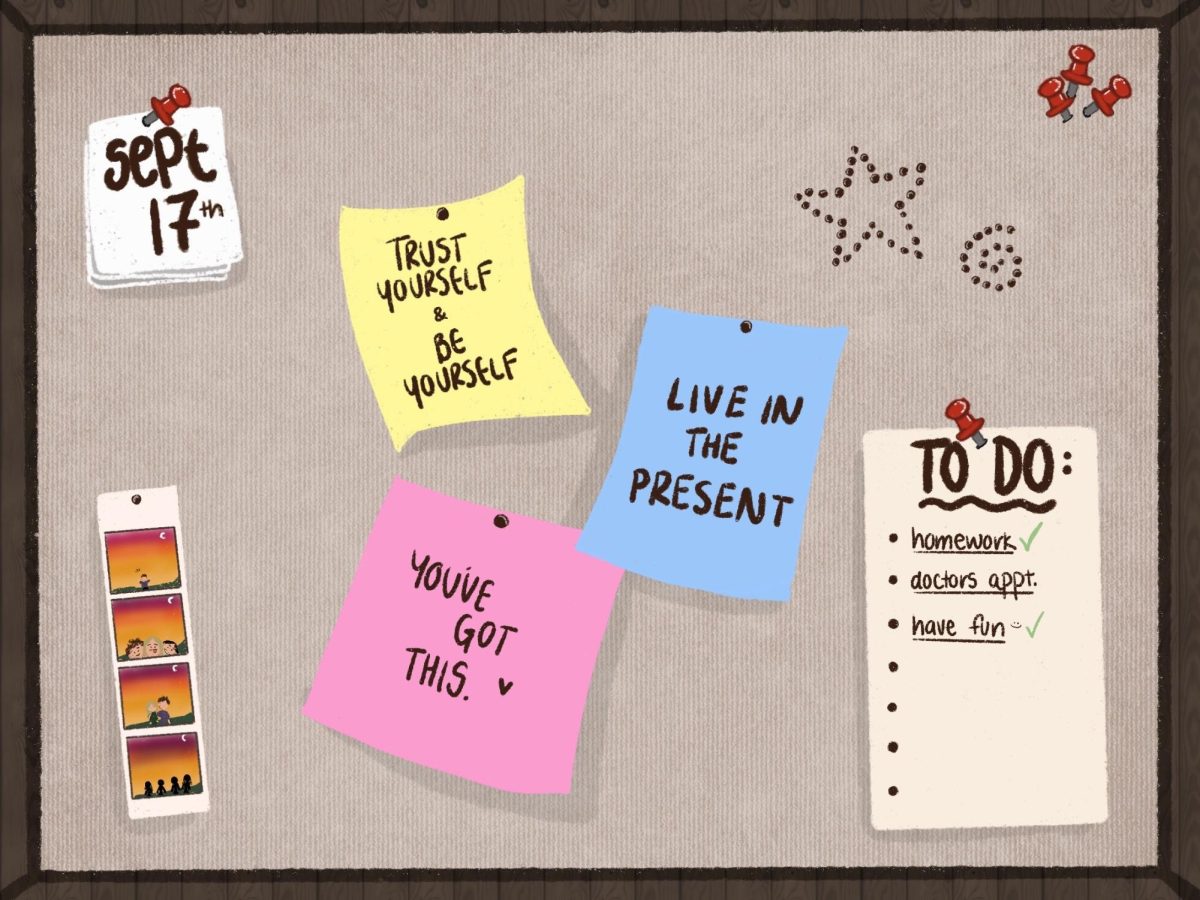


Sam Yarkin • Oct 30, 2024 at 8:51 pm
Great piece!